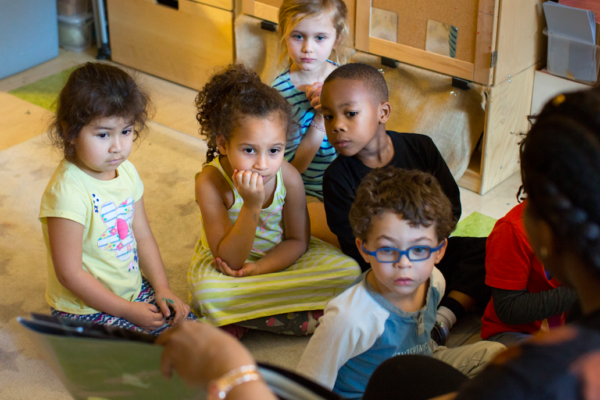Developmental gaps often start when children are infants and will continue to grow through school unless there are learning opportunities. Considering this, researchers at the Learning Policy Institute—Beth Meloy, Madelyn Gardner, and Linda Darling-Hammond—reviewed 21 public preschool programs with a goal of looking beyond whether preschool works and instead focused on the actual design of programs to ensure positive outcomes. Their results are published in Untangling the Evidence on Preschool Effectiveness: Insights for Policymakers.
They concluded that early learning experiences need to be rich and engaging. To do this, it is important to offer compensation and support to staff, which will attract qualified talent. Additionally, the programs need to have both productive learning time and activities, as well as assessments on learning. They recognized that such programs can be expensive, but they do pay off, citing evidence that with every $1 invested, returns can be up to $17 through adulthood. Finally, the researchers recognize that high quality programs cannot stop at preschool. With poor quality elementary and secondary schools, developmental gaps will continue to persist.
